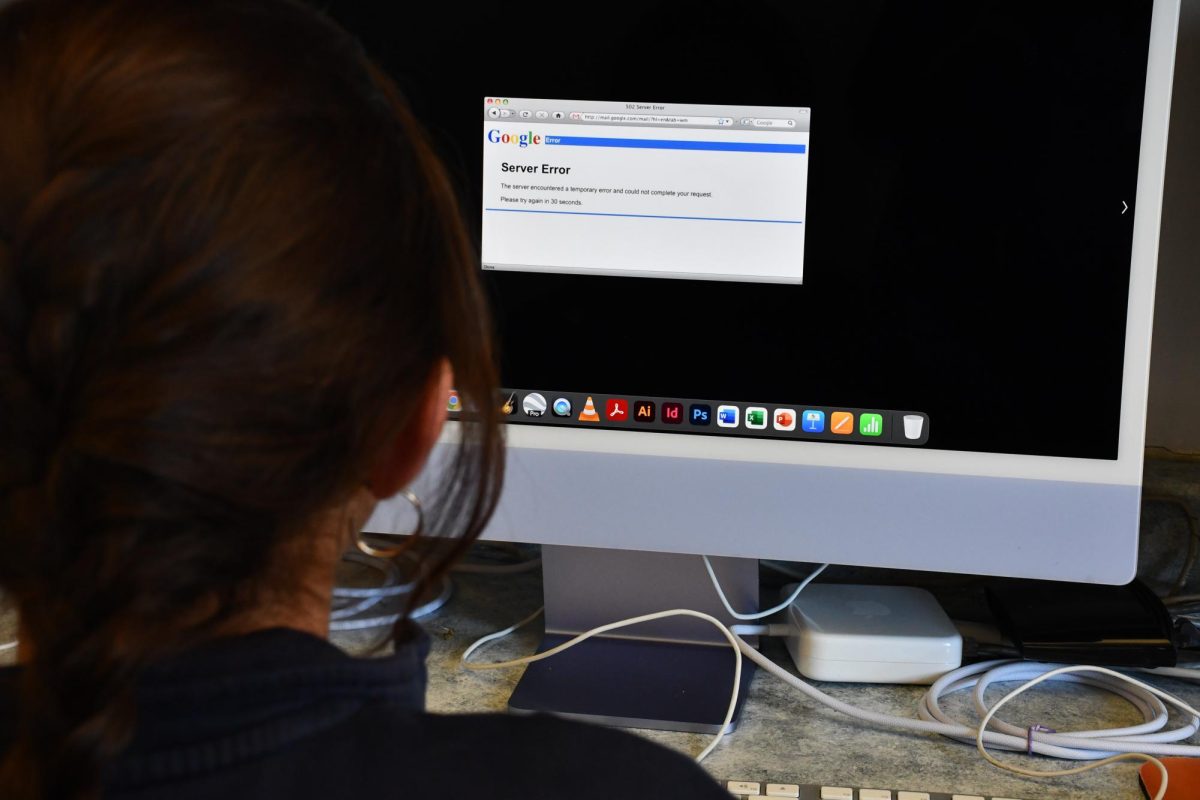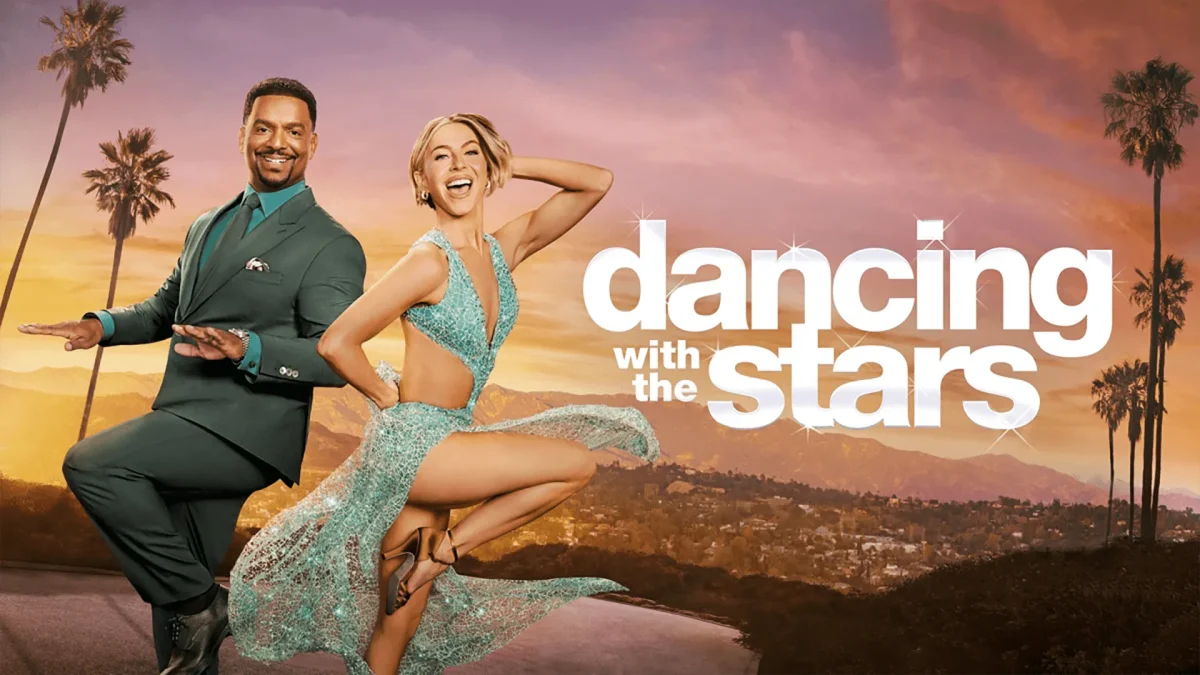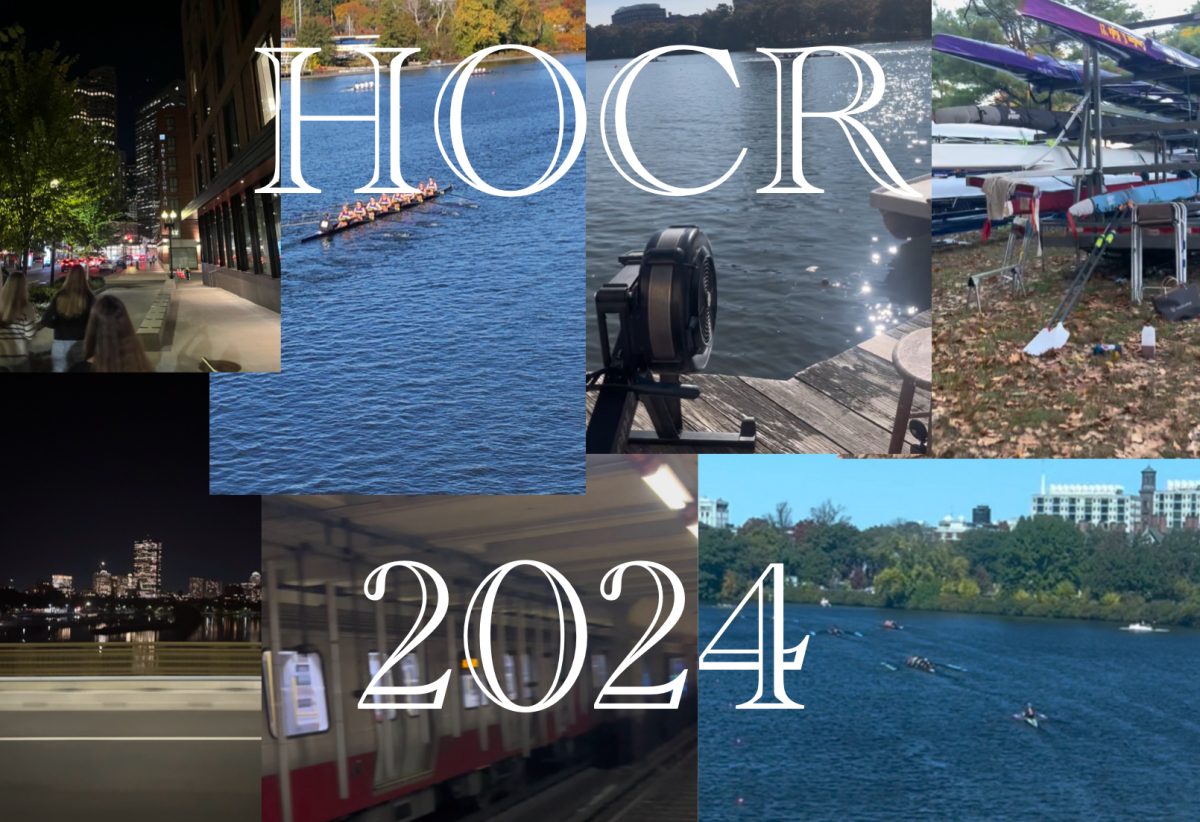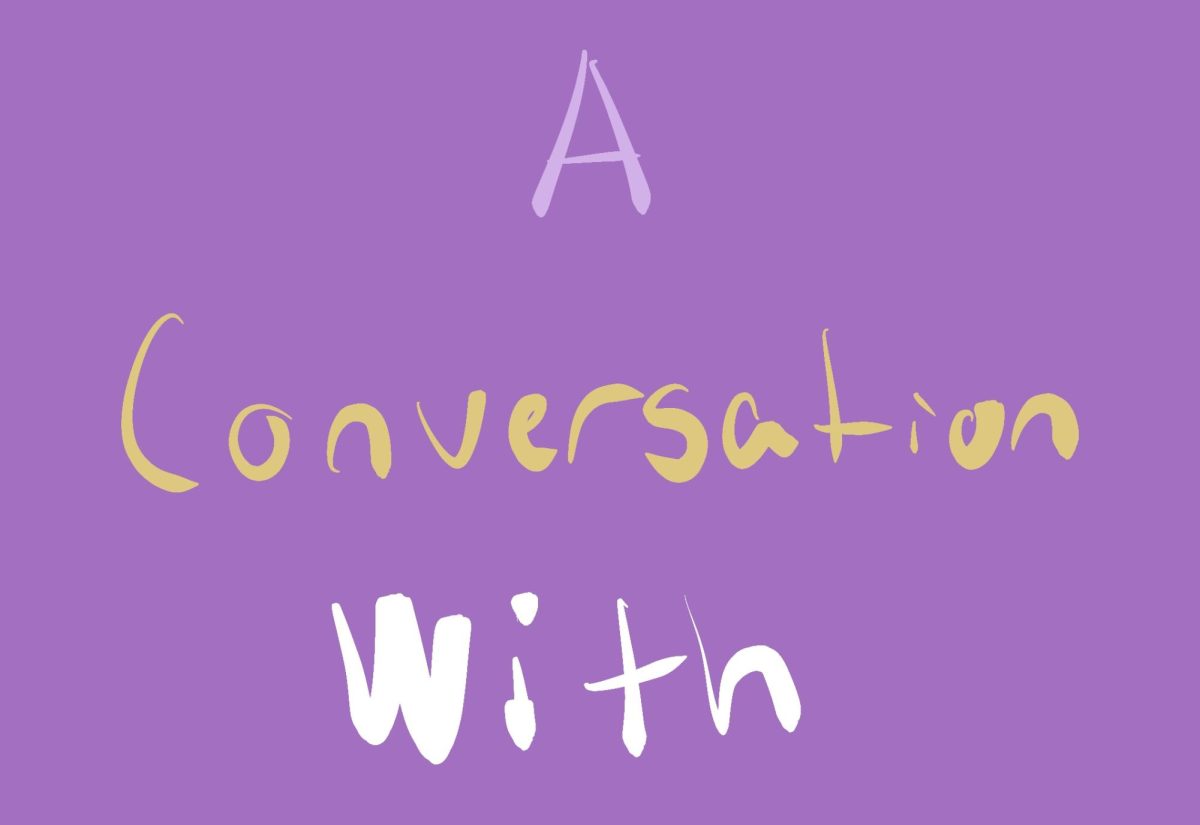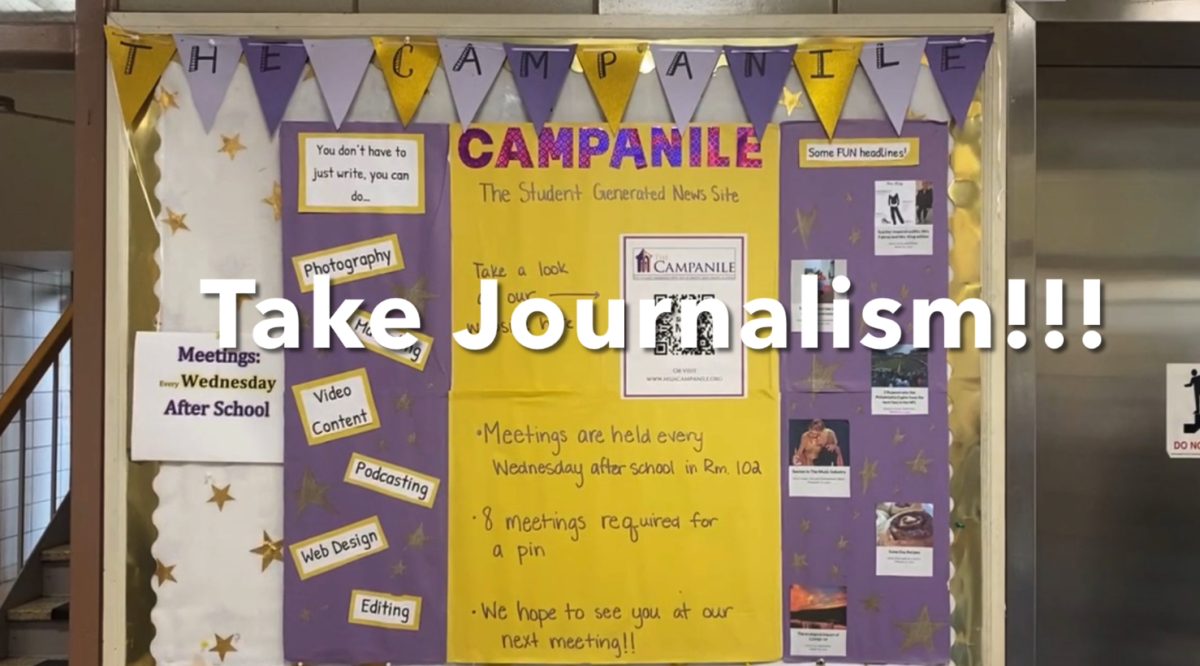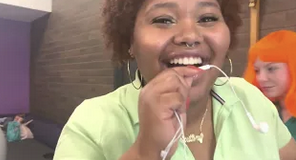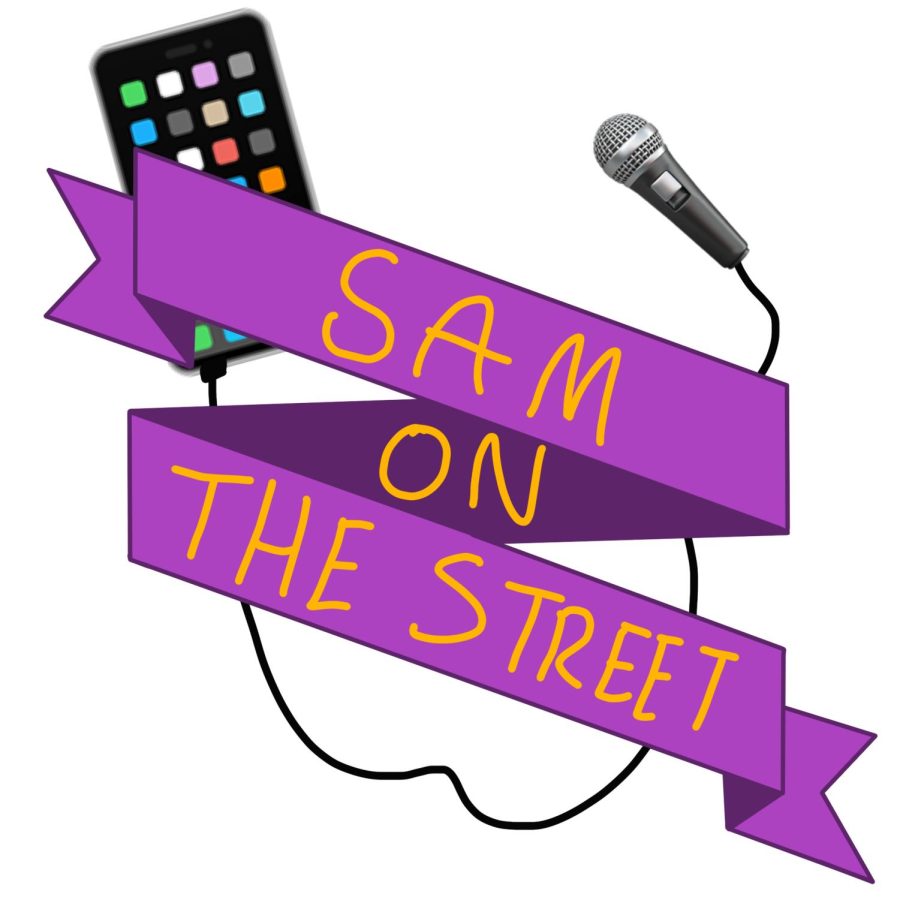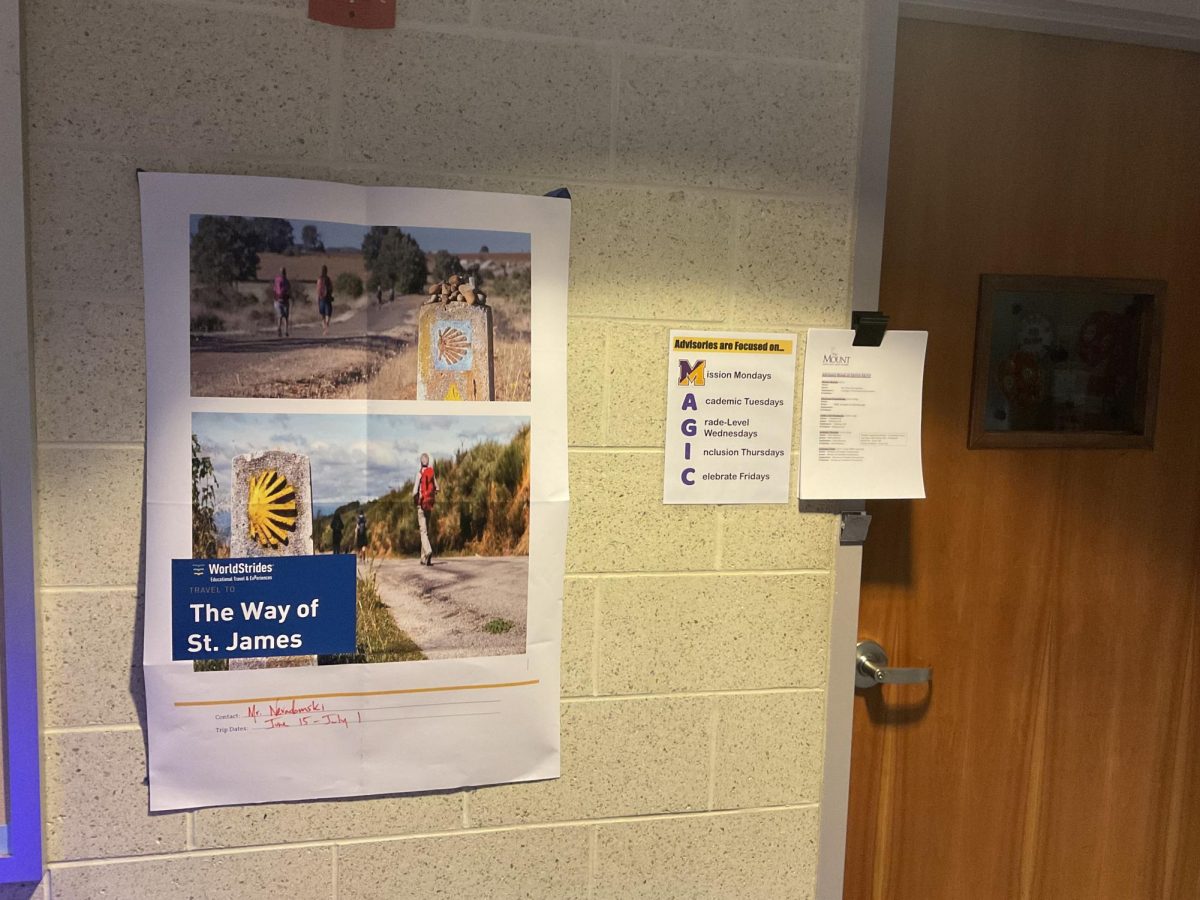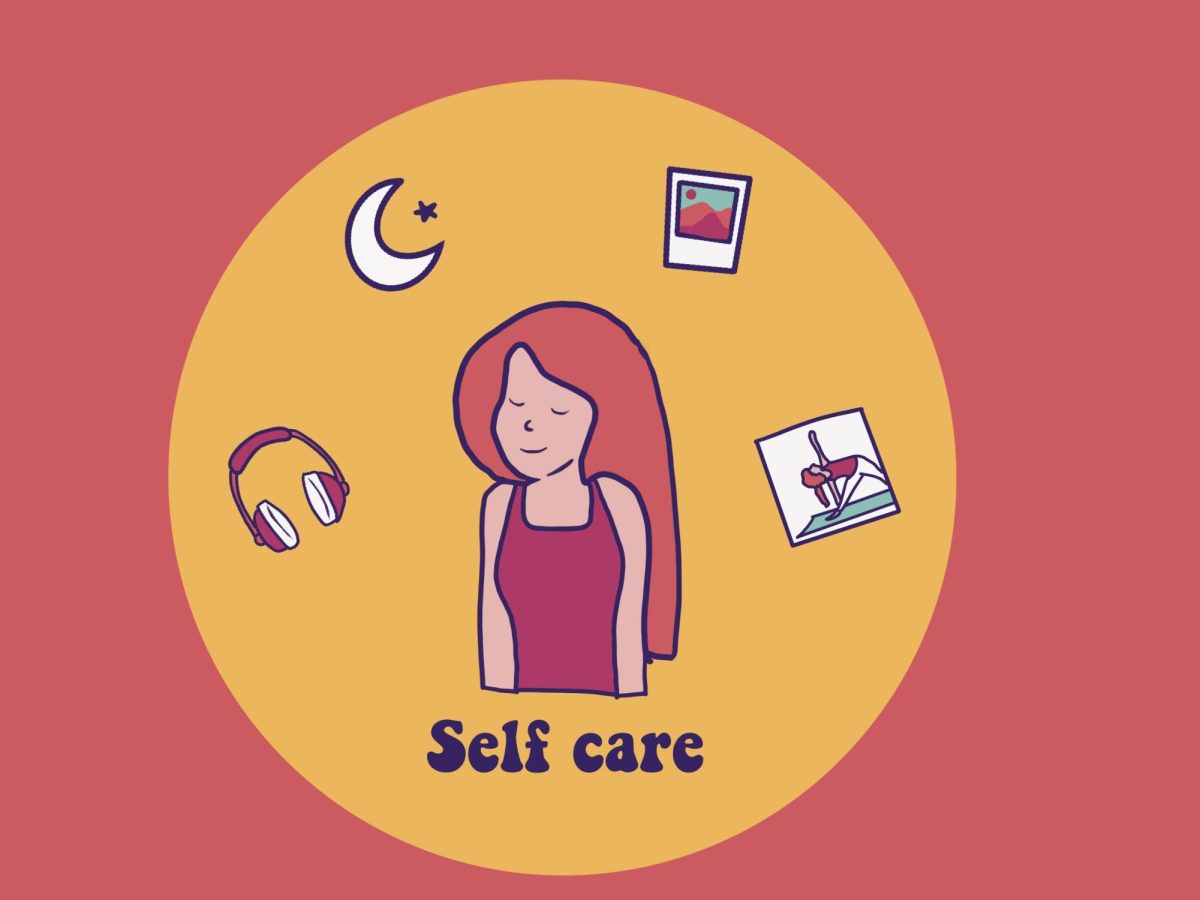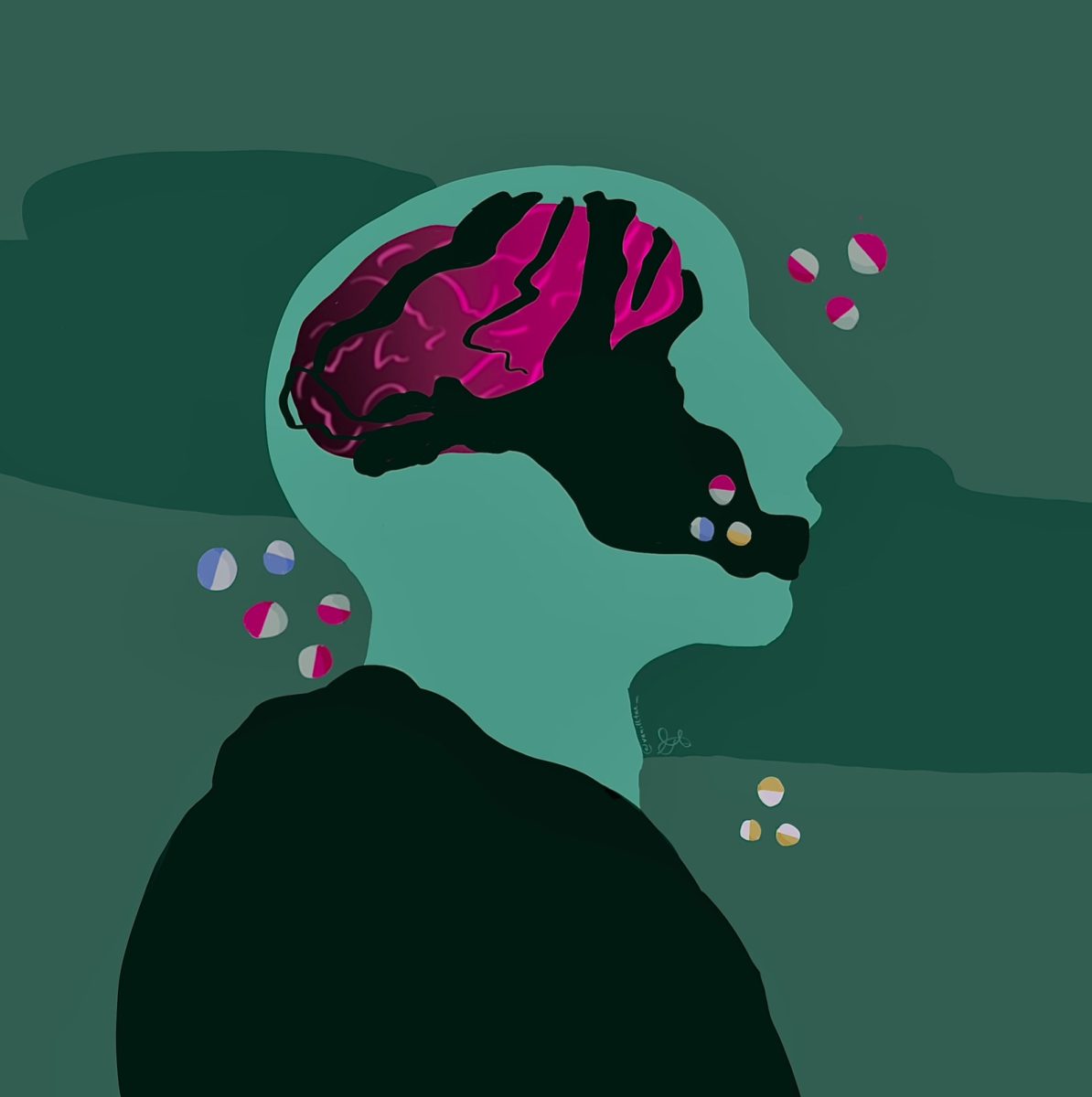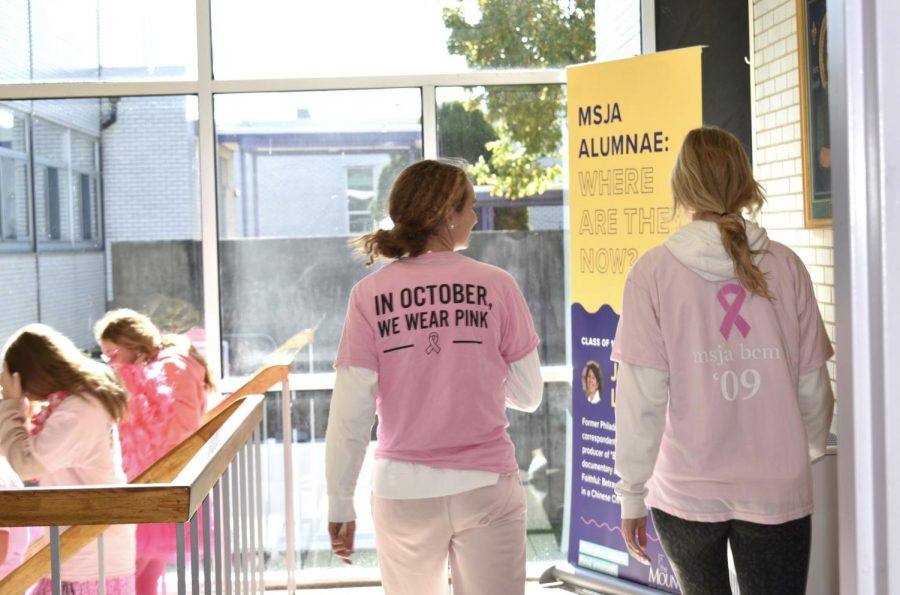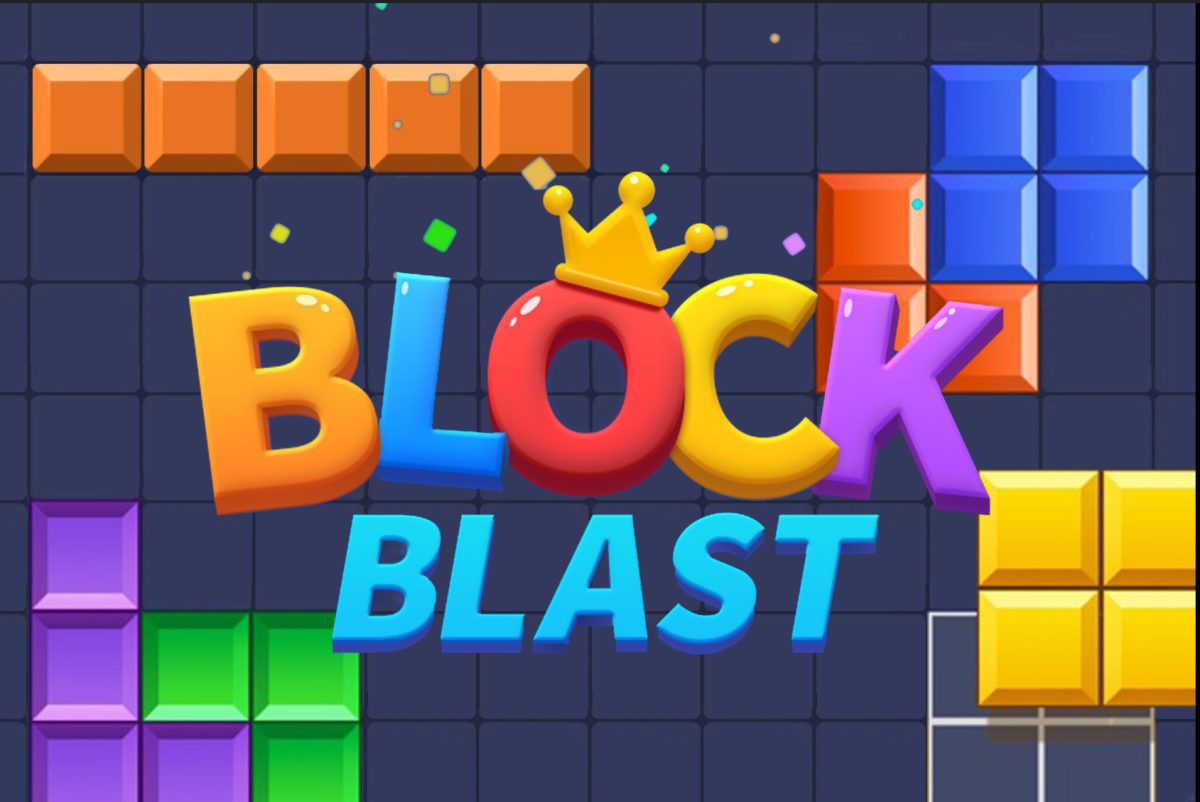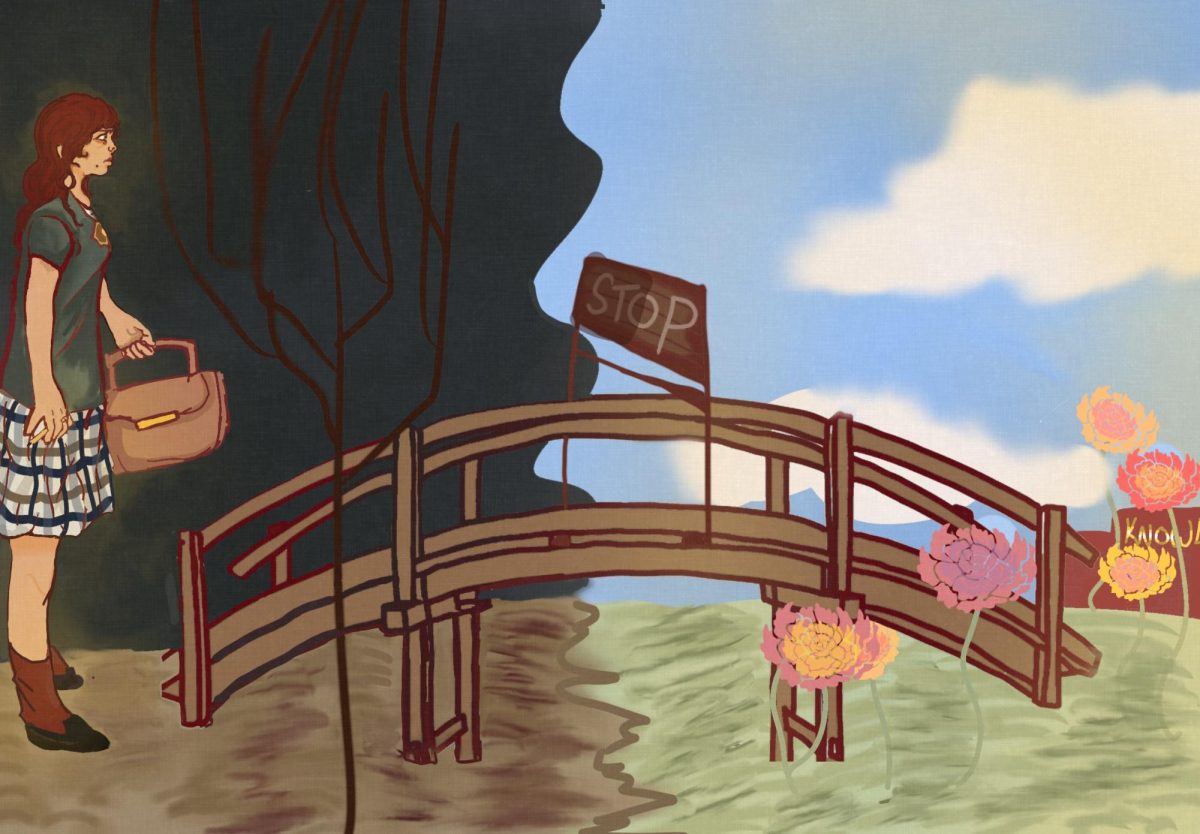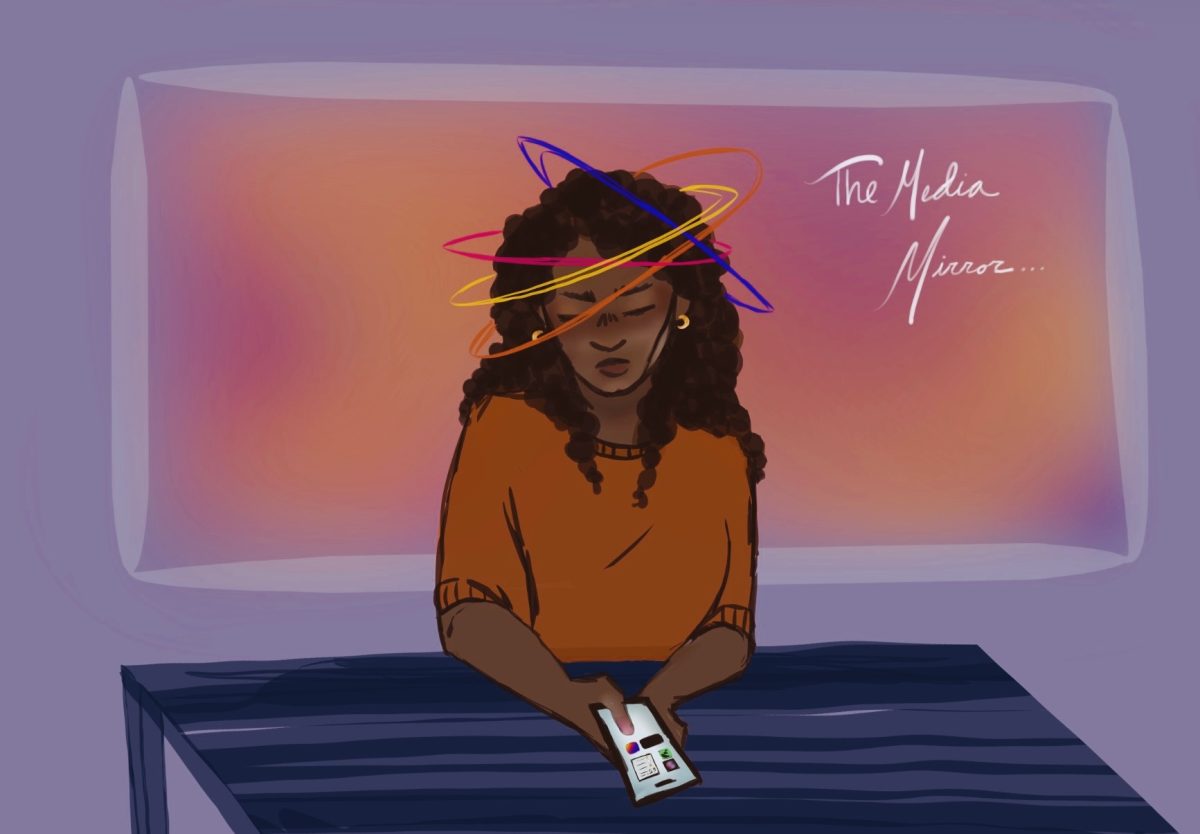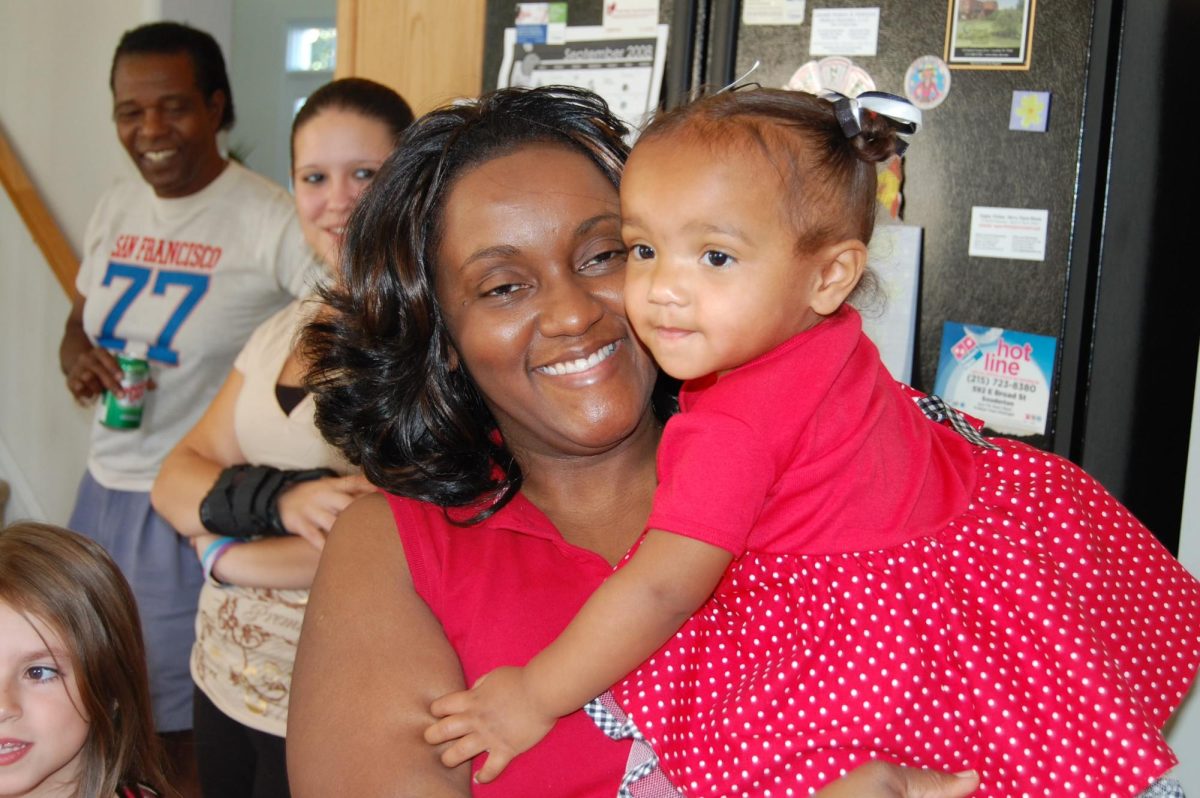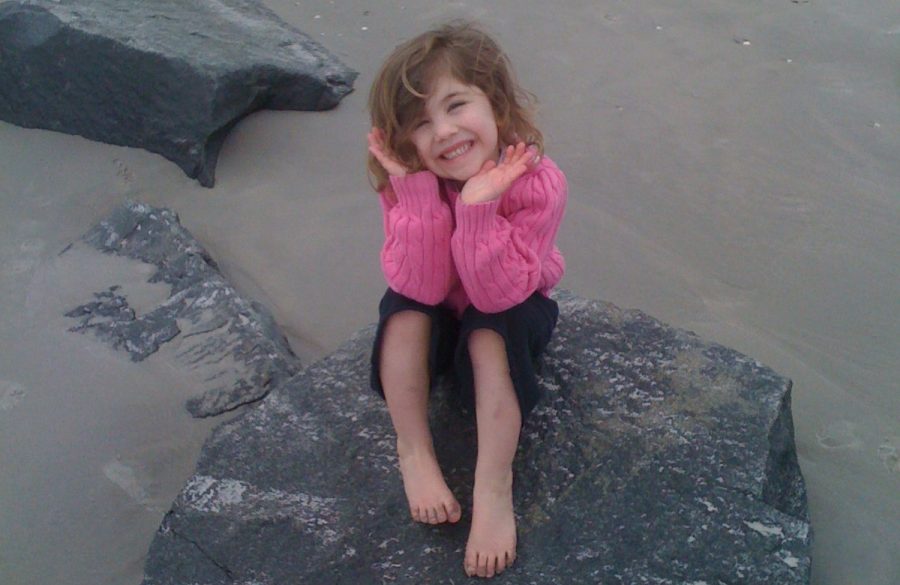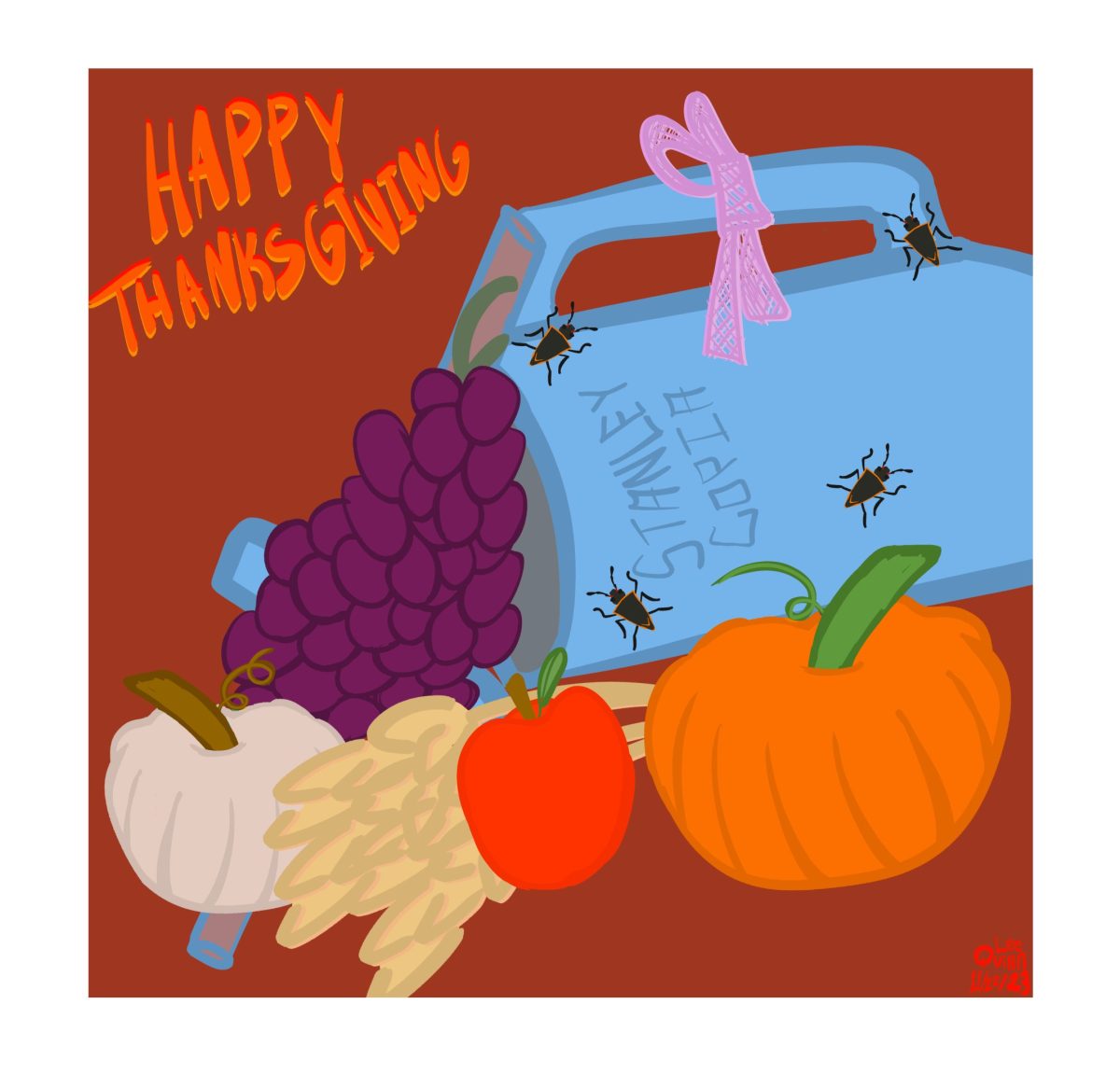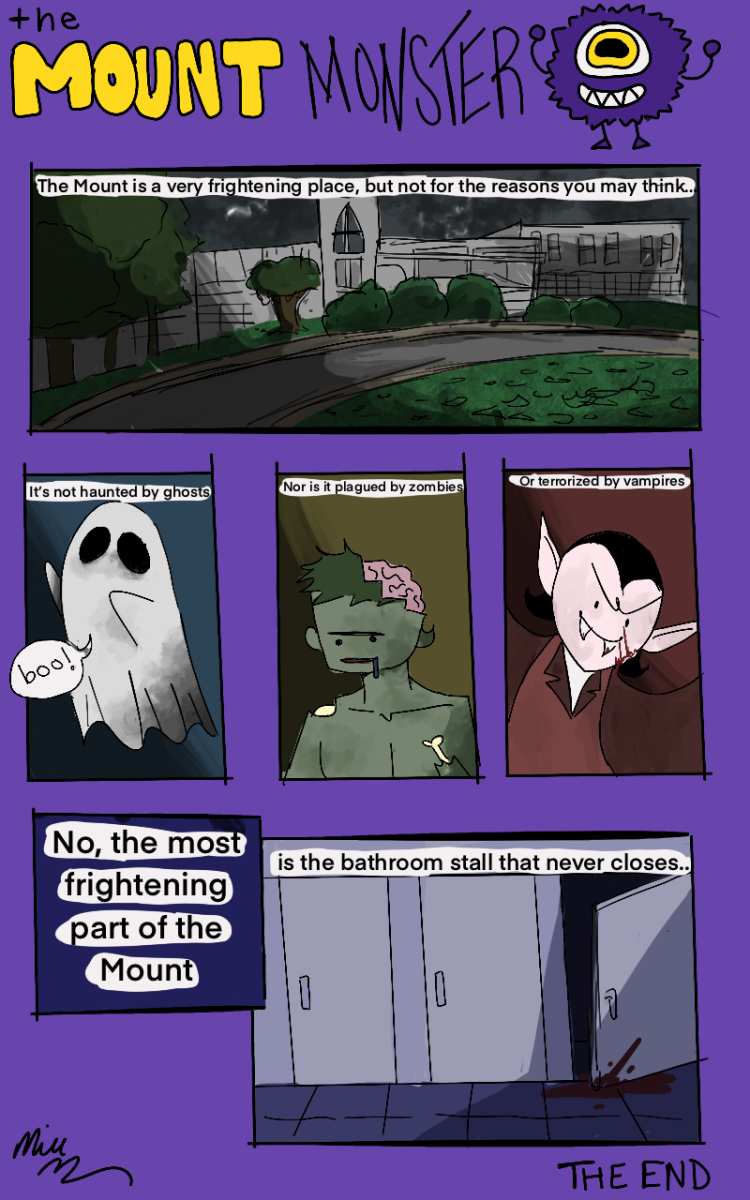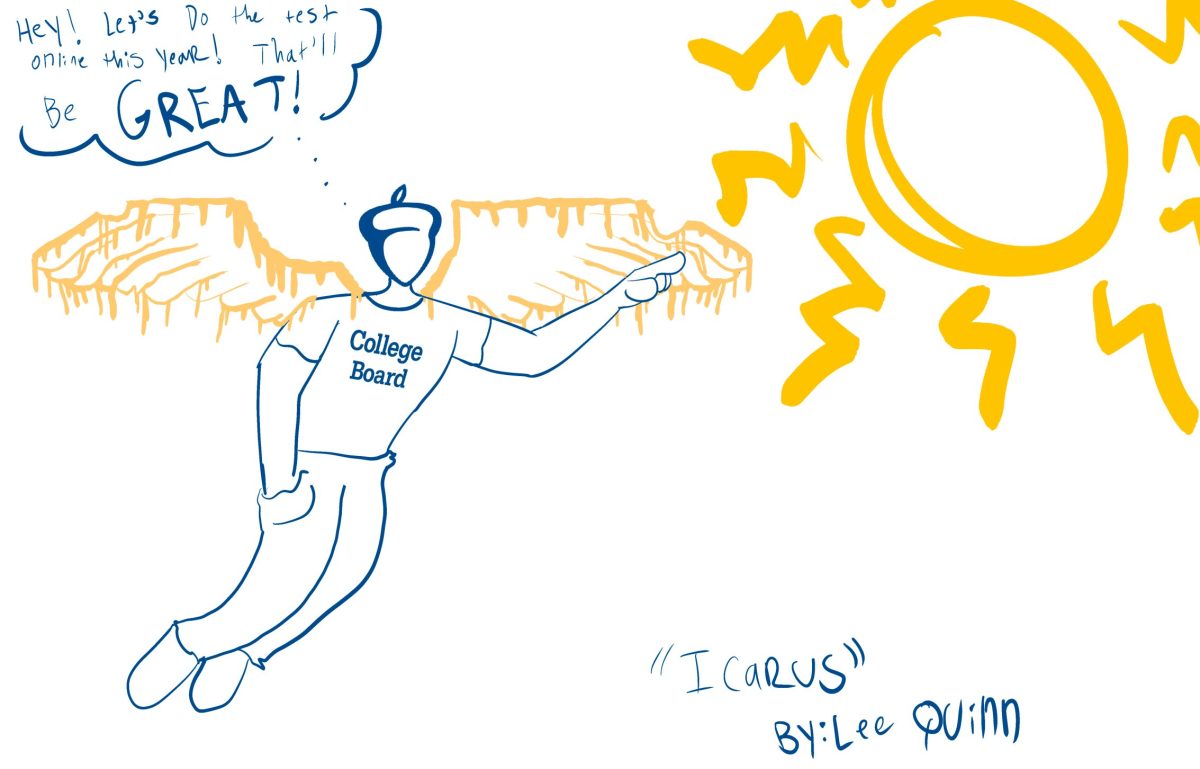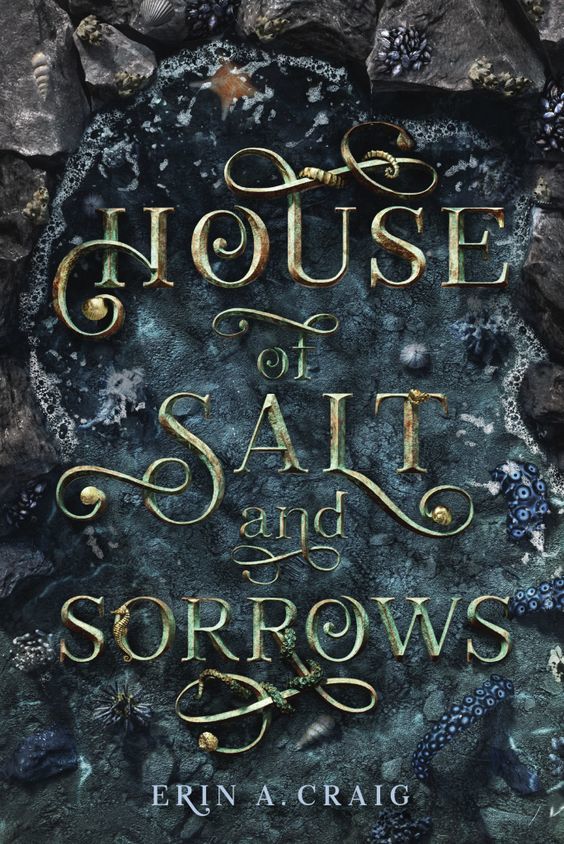In just a little under two decades, social media has quickly become one of the most influential components of our lives.
According to the University of Maine, 92.7% of all internet users use social media, with 4.8 billion users worldwide. Not only are most people using platforms such as Instagram, X, TikTok, and Facebook, but these platforms continue to take up most of our attention.
Social media does have a plethora of benefits, such as universal connection, fast access to information, giving a platform to anyone who wants to share their voice or experience, self expression, as well as promotion for small businesses or individual networking.
According to Business Dasher, 77% of small businesses use social media for essential services like sales, marketing, and even customer service, becoming a critical tool for success in a market corporate names.
Despite these benefits, the negative effects of social media are impacting both individuals and societies to a greater degree, with the cons far outweighing the pros.
Falling Into Fake Feeds
“A lot of information is spreading at all times very quickly, which can be useful. But at the same time, misinformation spreads equally as quickly, and that’s a big challenge,” Lily Friel ‘26 said.
Social media distorts authenticity. We choose what parts of our lives that we want to share. We only present the highlights on our profiles, which are far from a true representation.
It doesn’t just make other people feel inadequate for not living their lives with aesthetic Starbucks drinks and expensive beach trips, but it also adds pressure to live up to our own realistic expectations that we’ve put over our own heads.
According to the US Department of Health and Human Services, 46% of adolescents feel worse about themselves after using social media. It is an endless cycle of superficiality that won’t stop spinning, and we’re making ourselves sick.
“I think everyone finds themselves comparing to other people. You see people going to these expensive vacations and doing stuff on the weekends, and you get jealous or wish you had something,” Madi McErlean ‘26 said.
According to the American Psychological Association, teenagers spend nearly five hours a day on social media.
We have become so focused on watching a false illusion of other people’s lives through a feed that we are missing the opportunity to live our own.
The Pitfalls of Presentation
These platforms reduce their users to a brand. Everyone presents themselves adhering to a certain look on their profiles. Some influencers create their brand as say “a health influencer” or “a fitness influencer,” and they post within those lines in order for us to keep consuming their content. Because we know that as their brand.
However, everyone has their own “brand” so to speak, or the way they present themselves online, not just influencers or celebrities . And once we’ve created that brand as “a nice high school girl” or “a happy dad of three,” we never step out of those lines or post anything to compromise our brand or our “look.” Because as consumers, we like consistency. And we don’t just want people to like our posts, we want them to like us.
“I feel like social media is supposed to be a place where you can share your life, but there have definitely been expectations built up. Some people do post things to act a certain way or to show everyone that they’re doing a specific thing. It’s not as healthy as it should be,” Sally Reilly ‘26 said.
It is even becoming more common for schools to teach students how to present themselves on social media, or “build their brand” because potential companies and colleges look at their online presence and see if they “want to buy it.” It is another way for them to evaluate who we are, but more often than not, our profiles are not a true representation of that.
Human beings are complex, layered beings. We do not just have one identity or even one version of ourselves that we present to each other. We are constantly changing, and are far more complex than a singular brand. We stifle both our potential and happiness when we put ourselves in the social box. Yet, we attempt to sell ourselves in a digital market that empties our pockets instead of filling them.

